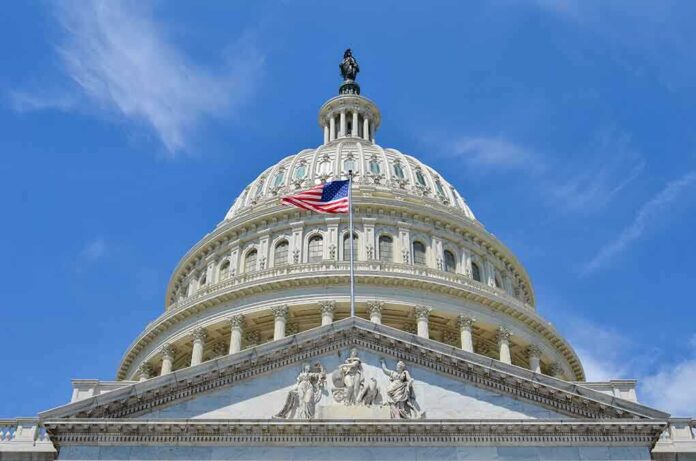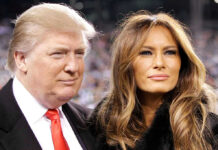
Senate Republicans delivered a shock to Trump’s economic agenda, voting to end the emergency declaration that imposed steep tariffs on Brazilian imports and igniting debate over constitutional checks and the future of executive power.
Story Snapshot
- The GOP-controlled Senate voted to terminate Trump’s national emergency order for Brazilian tariffs, defying the administration’s trade strategy.
- Senators cited constitutional concerns and economic fallout, reflecting growing resistance to unchecked executive authority.
- The move signals deeper divides within the Republican Party over economic nationalism and presidential powers.
- Conservatives worry about globalist influences resurfacing and the erosion of America-first trade principles.
Senate Rebukes Trump’s Tariff Power
On Tuesday, the Republican-led Senate issued a rare rebuke to President Trump’s economic agenda by voting to terminate his national emergency declaration, which had been used to justify a 50% tariff on Brazilian imports. This action marks a significant moment in the ongoing debate over executive authority and trade policy, especially as many conservatives have supported bold tariffs to protect American industry. The Senate’s decision reflects deeper concerns about presidential overreach and the constitutional limits of emergency powers in economic policy.
Constitutional Checks Versus Economic Nationalism
Several senators expressed alarm over the use of emergency declarations to bypass normal legislative processes and impose sweeping trade measures. While the Trump administration argued that tariffs are essential to counter unfair foreign competition and restore American jobs, critics within the GOP cautioned that such tactics could undermine the constitutional balance of powers. This internal conflict highlights a growing schism—some Republicans defending America-first policies, while others warn about setting dangerous precedents that could be exploited by future administrations less committed to conservative values.
Globalism Concerns and Conservative Values
For many in Trump’s base, tariffs represent a bulwark against the globalist agenda that contributed to decades of manufacturing decline and job loss. The Senate’s rebuke has sparked frustration among conservatives who see protectionist measures as critical to defending American sovereignty. With globalist interests pushing for open trade and reduced barriers, the rollback of tariff authority is viewed by some as a step backward—a move that risks re-opening the floodgates to cheap imports, undermining domestic producers, and eroding the principles that fueled Trump’s political resurgence.
Implications for Executive Power and Party Unity
The Senate’s action also raises questions about party unity and the future of executive power. While some lawmakers claim this vote is necessary to restore constitutional checks, others see it as weakening the president’s ability to act decisively in the national interest. The divide within the GOP is stark: traditional conservatives favoring limited government and strict adherence to constitutional norms, and populist factions demanding aggressive action to protect American workers. This tension will likely shape future debates over trade, immigration, and national security, as conservative voters remain vigilant against policies they perceive as undermining family values, constitutional rights, and economic stability.
Despite the Senate’s pushback, Trump’s supporters continue to rally behind America-first trade policies and broader efforts to secure the nation’s economic independence. The controversy over the emergency declaration underscores the enduring battle over the scope of presidential authority—a battle that will define the conservative movement’s priorities in the years ahead.

































